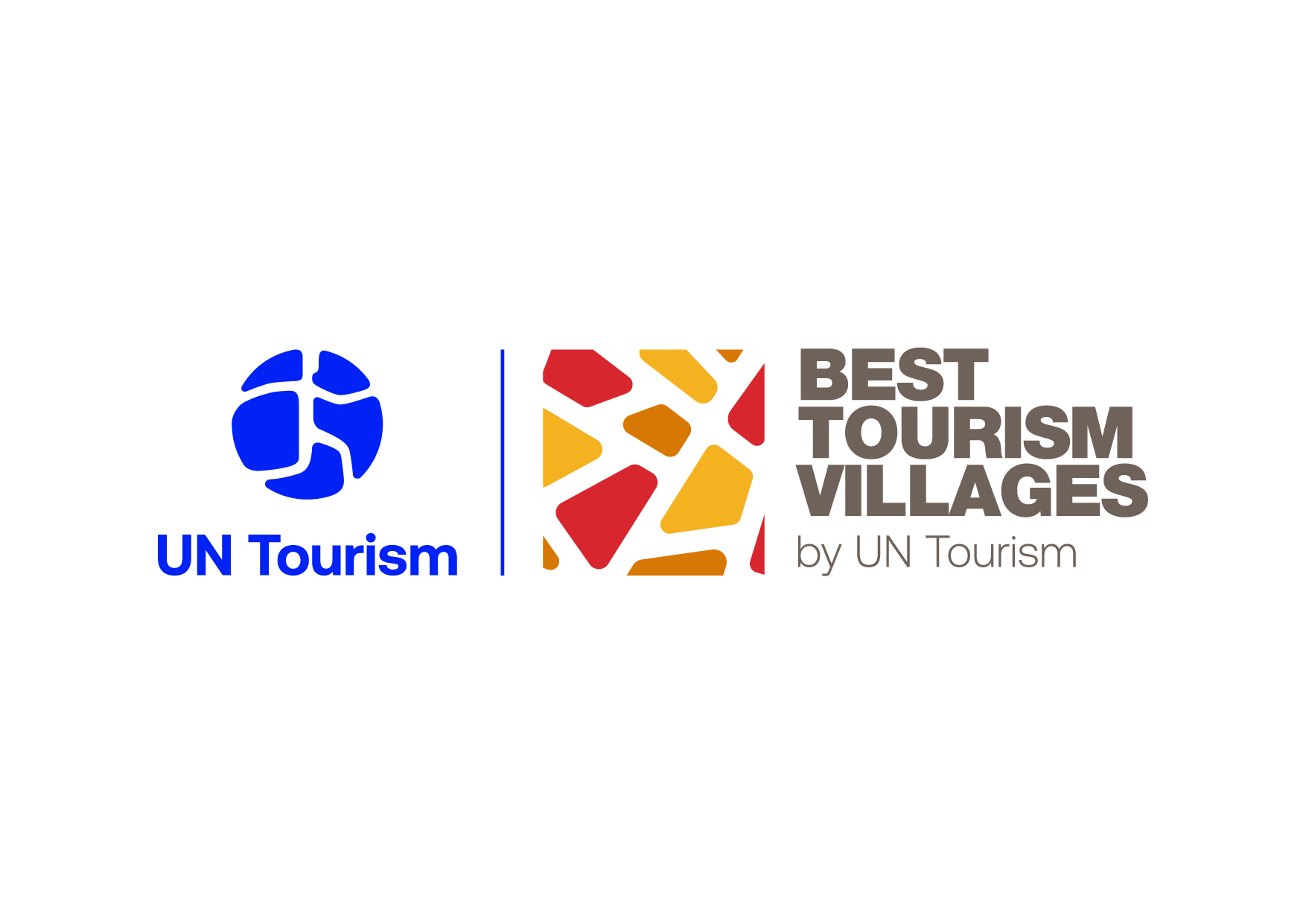PICA
CHILE
2021
Contact
The Commune of Pica is located in the Tarapacá Region. It is part of the 5 rural communes of the Tamarugal Province. The Commune of Pica is known mainly for its citrus crops, the most famous being the PICA LEMON, as well as in the past its vineyards, which produced some of the best port wines in all of northern Chile. Large extensions of crops can be seen in the towns of Pica, Matilla, Valle de Quisma and the surrounding area, such as lemon, orange, grapefruit, mango, guava and in the mountain villages of Cancosa and Lirima, quinoa. But the Commune does not only live from agriculture, Rural Tourism is making its way strongly as one of the main economic activities along with agriculture. The meaning of «PICA», «Flower in the Sand» is a designation that comes from a time when life, names, nature and gods were confused in a harmonious and flowing whole. An old legend of this region tells that shortly before the Spaniards entered the land of the Inca, this Oasis was one of their favourite places for rest and recreation. It says that periodically the Son of the Sun, with his Imperial retinue came to this vegetable island in the Tarapaca Desert, fleeing from the steppe winter, to enjoy its eternal summer, its medicinal thermal springs and exquisite fruits. The Church of Pica, built between 1880 and 1886, is located in the town square and has a life-size wooden work representing the Last Supper. And the church and bell tower of the village of Matilla are places you must visit. Dinosaur footprints in the Rocky Formation Chacarilla is one of the main paleontological sites in the country.
HIGHLIGHTS
-

Fighting climate change
SNCAE (National System of environmental certification) is promoting clean production measures and practices in the tourism business, signing an agreement for sustainability and climate change.
-

Business and skills development
HUB PICA is a comprehensive support network for both entrepreneurs, businessmen, farmers and workers, whose objective is to install skills and develop skills of those who live in the commune.
-

Integration in value chain
The ZOIT Action Plan is focused in the development of rural tourism through tourist experiences with local identity, such as gastronomy, handicraft and experiences related to the management of water and crops. The program of rural tourism and corporation of indigenous development is focused on concrete actions of improvement of supplies and promotion of rural tourism.

